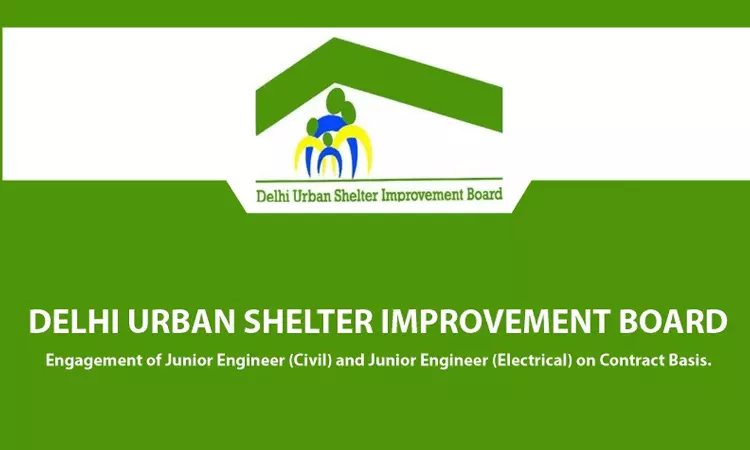Understanding Delhi Urban Shelter Improvement Board Act, 2010 (Delhi Act 07 Of 2010)
Md Shakil Ansari & Shariq Ahmad
1 Aug 2024 11:41 AM IST

Next Story
1 Aug 2024 11:41 AM IST
The Delhi Urban Shelter Improvement Board (DUSIB) was established in July 2010 to improve the living conditions of slum and JJ (Jhuggi-Jhopri) dwellers in Delhi, the capital city of India. Governed by the DUSIB Act, the board has the authority to designate specific areas as slums based on the availability of civic services. Its responsibilities include organizing the resettlement...
